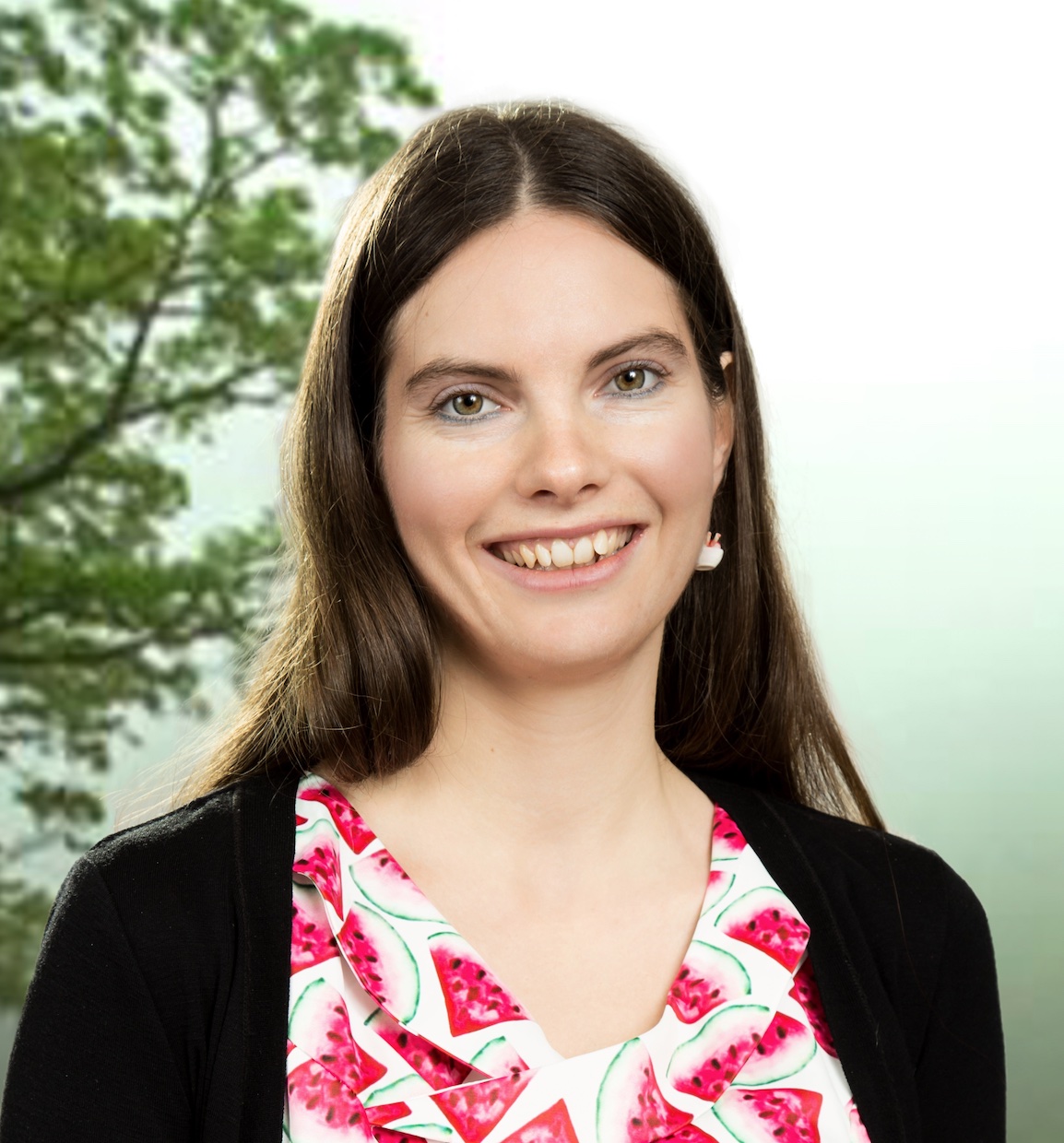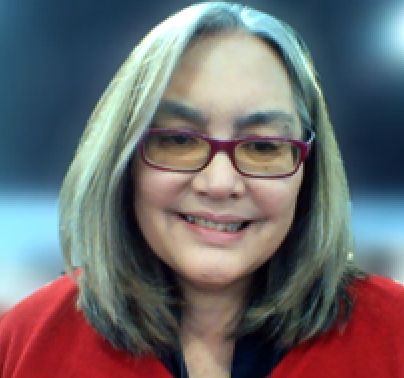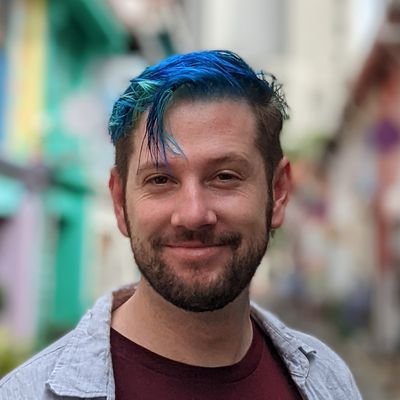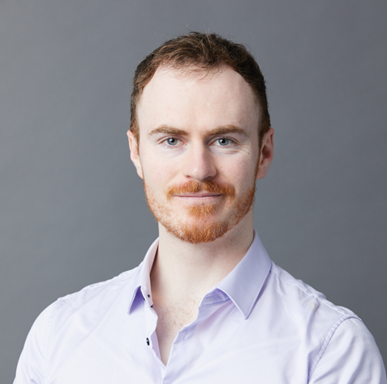Keynote Speakers
Lies, Damned Lies & Statistical Consulting
Lisa Thomasen
A scientist stood in front of a large audience and presented a graph. This was not just any graph. This was a graph that made the statistician in the audience die a little inside. The list of problems with the graph was long. The worst part being that the graph was completely incongruent with the story being told alongside it.
Unfortunately, experiences like this are ubiquitous for any consultant statistician. Many scientists have picked up sufficient Excel and analysis skills to be ‘dangerous’ when it comes to data. They have enough knowledge to whip up a few graphs and an interpretation, but their confidence often limits collaboration, resulting in suboptimal conclusions.
This talk will highlight some of my experiences of being a consultant statistician and the challenges of getting accurate stories from the data when collaborating with non-statistical colleagues.

Lisa Thomasen has been working as a consultant statistician at the Fonterra Research & Development Centre in Palmerston North, New Zealand, for going on 7 years. In this role she has supported teams with their stats and data needs for projects to launch new dairy products and tweak existing ones. This has included modelling the performance of milk powders, analysing cheesecake performance, and investigating consumer preferences of yoghurts. Lisa has a particular interest in encouraging robust data management and experimental design in the projects she is involved with. Prior to her role at Fonterra, Lisa completed an MSc in Statistics at the University of Canterbury where she focused on modelling the population dynamics of a NZ fish stock. Lisa is an active member of the NZSA, having been the Student & Early Career rep for 5 years before resigning from that role to focus on mentoring. She is now the coordinator for the NZSA Mentoring Program which launched in May this year and includes 14 mentor/mentee pairs.
An emerging multi-culture of statistical paradigms
Sama Low-Choy
A big challenge facing statisticians in the current time is the sheer multiplicity of quantitative approaches. In the past ten years we have witnessed social-media fuelled debates: questioning the role of well-established methods (such as null hypothesis testing and p-values); and questioning the role of statistics in reproducible science. Statisticians now operate at many interfaces, not only with mathematics and computer science, but with data science and mixed (qualitative and quantitative) methods. Amidst this multicultural atmosphere, it is no longer sufficient to simply choose then apply a statistical method, it is now expected that researchers can provide a well-considered rationale for this choice or even apply multi-methods. This talk outlines some of the different choices of statistics, unpacking the different paradigms (ways of thinking) and how this affects methodology and method.

In hindsight Sama have her parents to thank for a multidisciplinary approach to education, as she matriculated with four science subjects and two humanities subjects. In undergraduate she majored in both pre-Honours mathematics and software engineering, focusing on mathematical and applied statistics for postgraduate research.
In her research degrees she first encountered clashes of paradigms, buried within the published discussions of the Royal Statistical Society. As an Honours student exploring random effects, she discovered animated dialogues about their meaning and their computation (esp. minimum chi-squared vs restricted maximum likelihood). As a PhD candidate, she found vitriolic argumentation of Frequentist vs Bayesian. As an environmental modeller within Government, she fielded advice on all quantitative paradigms, developing an appreciation for a wide range of paradigms, from risk assessment, mathematical modelling and spatial analysis to data mining and statistics (classical, Frequentist or Bayesian).
A return to academia highlighted inter-paradigm politics at global or local scales. Her latest position at Griffith began in the year that social media storms erupted over acceptability of null hypothesis testing in certain contexts, amidst widespread questioning about reproducible science and the meaning of p-values. Currently she advocates an inclusive approach to statistical paradigms, within a broad context of quantitative and mixed (quantitative and qualitative) methods of research inquiry. This informs her research and practice, in helping researchers to appreciate, choose from, apply, and interpret this rich diversity of research methods.
Telling climate stories with, and around, data
James Goldie
The climate is changing everywhere, from our backyards to the bottom of the ocean. Data can help us understand the unimaginable scale of these changes, but it’s not enough on its own. In this talk, James will speak to some of the ways you can design graphics for a general audience, as well as some of the other tools you can borrow from journalists and storytellers.

James is the Data and Digital Storytelling Lead for 360info, a research-driven newswire supported by Monash University. As a data journalist, James undertakes data analysis and visualisation in partnership with 360info’s academic authors, and builds tools to help editors and journalists use maps, charts, and interactives in their stories.
From Astrophysics to Research Software Development: Responding to a need for a new breed of expertise
Keegan Smith
In the modern age, science demands an ever-increasing abundance of data. As the volume of data increases, it in turn demands more sophisticated software infrastructure and the expertise required to maintain and operate it. While it is expected that Academic Researchers have some software skills, it is often impractical for them to lead large research software development projects. To alleviate this pressure on Academic Researchers, the growing field of research software development is dedicated to assisting researchers fulfil their software and computing requirements. Due to the growing need for developers in many areas of the job market, moving into the software development space is not as hard as it may seem. Much like in my own career, the ever-growing need for developers means that your skills and background may land you in a uniquely capable position.

Keegan holds a BSc (Hons) in physics and has studied astrophysics at Curtin University. Upon completion of his studies, he dedicated some time to learn more about the world of software development and data science. Keegan spent time developing software to aid in the conservation of marine turtles off the coast of Western Australia. Now, he is using his expertise and problem-solving skills to establish, improve and maintain workflows used by the Curtin Open Knowledge Initiative (COKI) to import and process data from bibliometric sources.